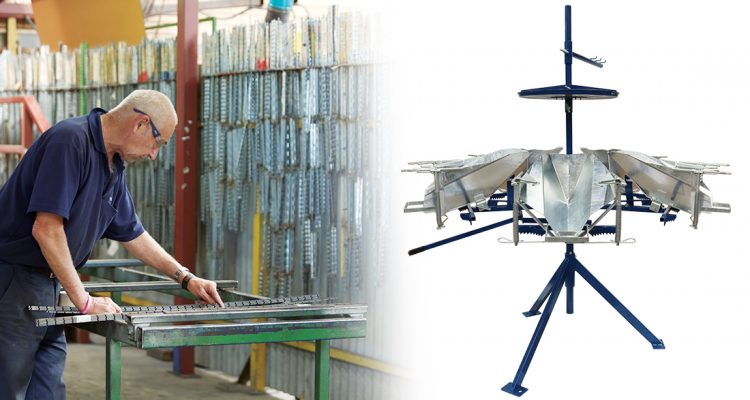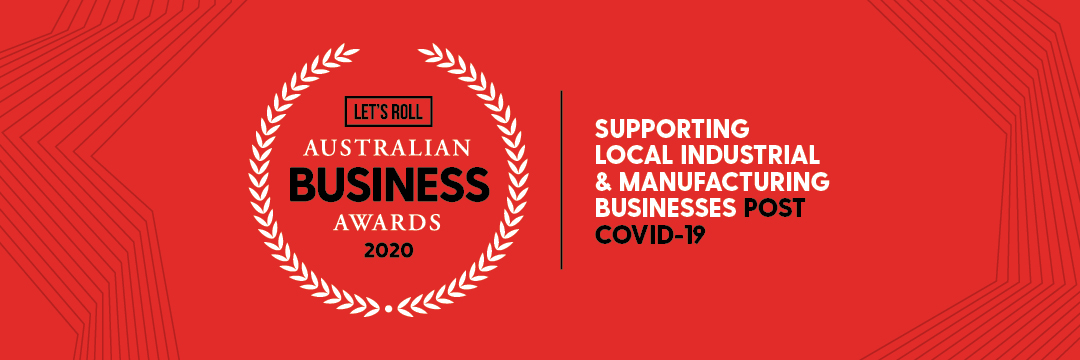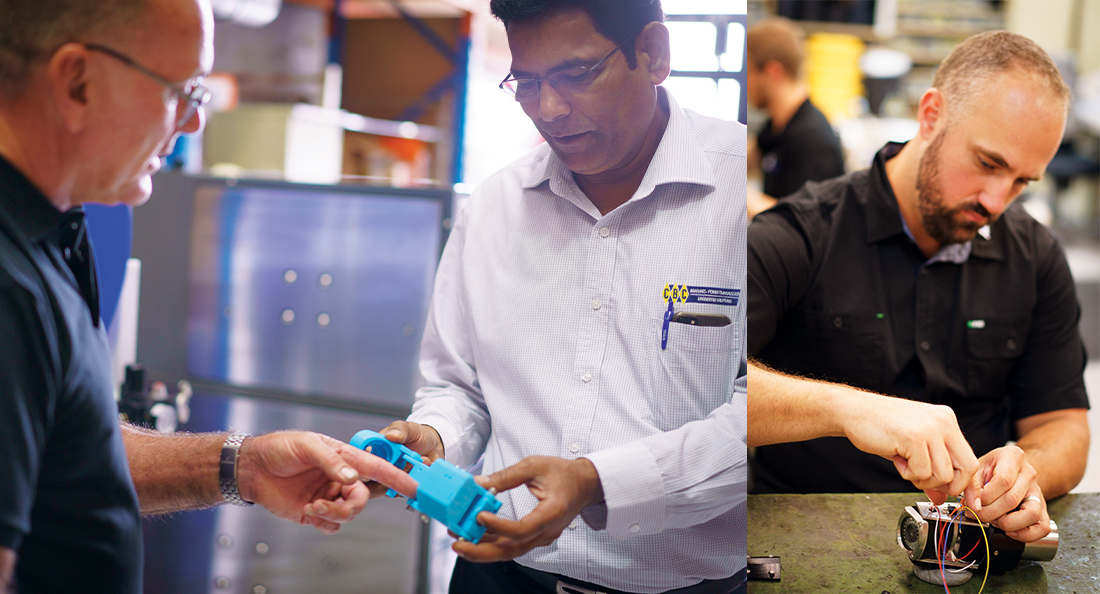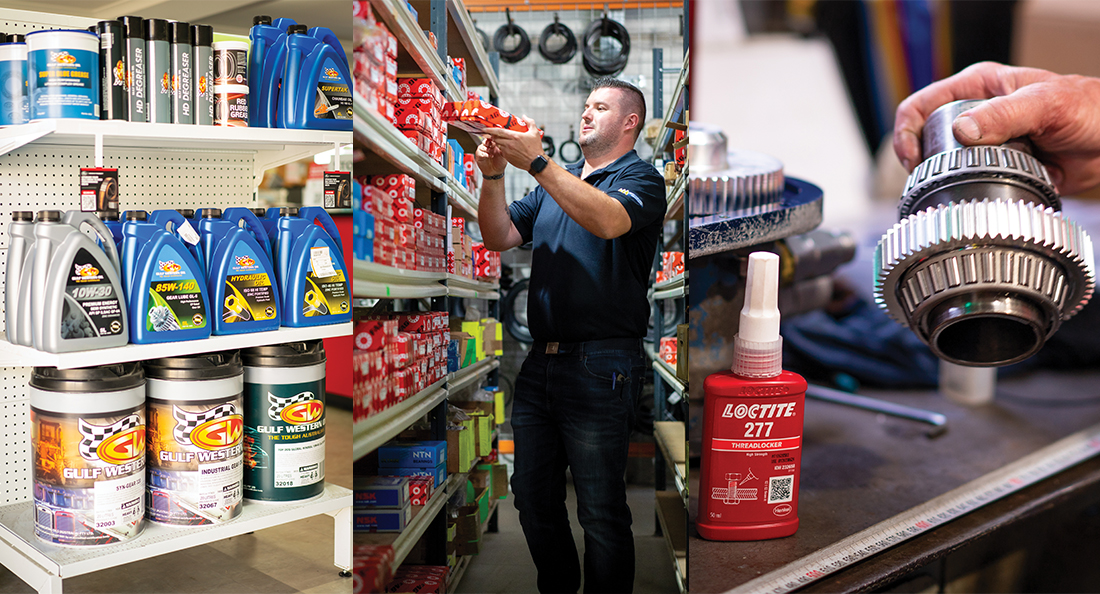Operating out of a factory warehouse based in Perth, Harvestaire is an Australian owned manufacturer supporting farmers across the country with rigorously engineered agricultural equipment.
The business is well-known for their widely utilised five berth Lamb Marking Cradle, designed to allow efficient processes when it comes to earmarking, tailing and docking.
According to Dirk Vorster, General Manager at Harvestaire, this unit has been sold to more than 4,500 sheep farmers across Australia. Its purpose is to make lamb handling and animal care operations more streamlined, ultimately maximising output in shorter windows of time.
“Like everything we do at Harvestaire, our cradle is over-engineered,” says Dirk. “We regularly hear stories from farmers about the durability of the product. We recently spoke to a contractor who estimated that his five-berth cradle had handled close to 600,000 lambs.”
The importance of local manufacturing has become even more evident in recent years, due to complications with international freight and increased shipping costs. The specific type of products Harvestaire develops are often difficult to import, and hard to source in the first place.
Their streamlined solutions are meeting the needs of Australia’s unique environments and standards, ensuring maximum workload capacity and compliance. Harvestaire’s commitment to manufacturing on home soil has meant long-term support for the local economy and strong working relationships with their suppliers.
“Local manufacturing here in WA allows more certainty for obtaining parts and shorter delivery times to Australian farmers,” Dirk explains. Supporting the community and generating a healthy local economy is also one of their priorities. “Many of our employees have been working with us for more than a decade, some for over 50 years.”
With a dedication to excellent customer service and quality products, Harvestaire is focusing on research and development to provide continual support to the agricultural industries. Their Lamb Marking Cradles are undergoing complex upgrades in 2022, and they are constantly seeking new ways to revolutionise Australian farming.




